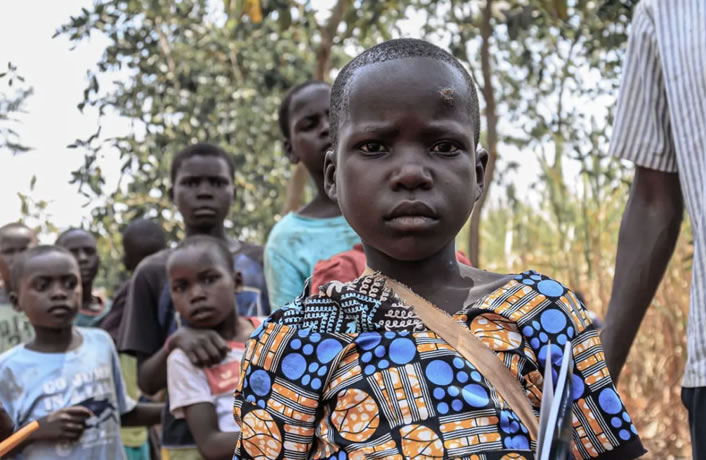In Kagumba village, a quiet yet resounding question hovers in the air: “Who is my shepherd?” It is more than a rhetorical musing—it is a cry. A cry from a people unseen by the systems meant to serve them.
Leadership, in its purest form, is about presence, protection, and provision. But what happens when those meant to shepherd a community—from government to religious figures to local authorities—go missing? The people of Kagumba are left navigating survival with little to no support. The borehole is 8 kilometers away. The health center is even farther. The school has no desks, no floors, and in some cases, no roof.
In the absence of structured care, the church becomes a classroom. The director of the school sleeps where he works. Faith steps in where function fails.
But faith alone cannot carry the burden of poor infrastructure, unpaid labor, and water scarcity. We must ask: who should be the shepherd now? Is it the state, the church, NGOs, or community leaders? Or is it all of us?
Accountability must return to our vocabulary. Compassion must guide our action. Kagumba does not need saviors. It needs shepherds who stay, who listen, and who act.

